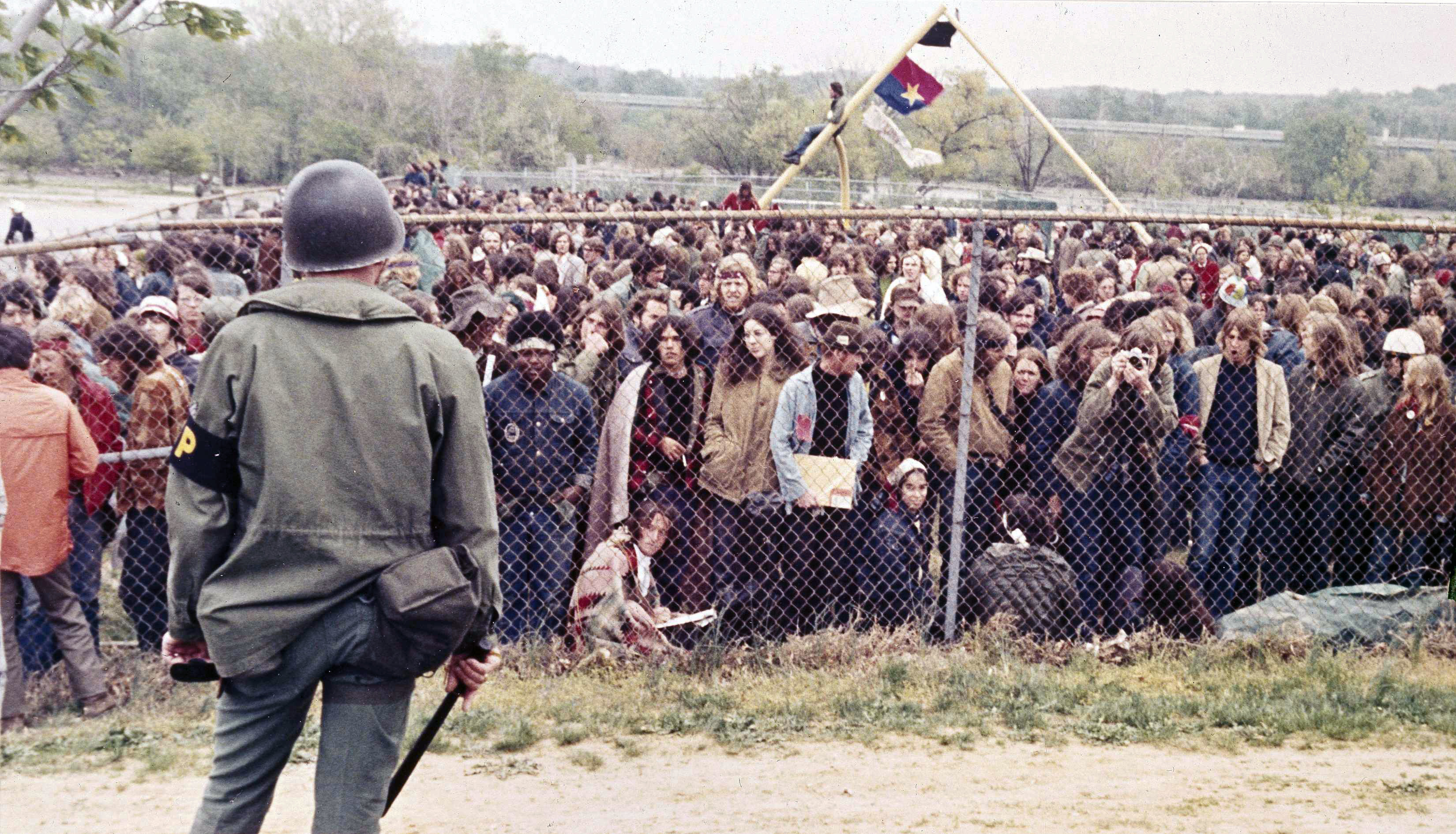The May Day Riots: A Look Back at the Infamous 1971 Protests

On May 01, 1971, thousands of protesters took to the streets of Washington D.C. for the May Day protests, a series of demonstrations against the Vietnam War and the U.S. government. The protests quickly turned violent, with clashes between police and protesters leading to over 12,000 arrests and widespread property damage.
The May Day riots were a defining moment in the history of civil disobedience and activism in the United States. In this post, we'll take a closer look at what happened on that fateful day and the impact it had on the anti-war movement.
The May Day protests had been planned for months in advance, with organizers hoping to shut down the nation's capital with a series of massive demonstrations. The protests were timed to coincide with the traditional May Day celebrations, which are held around the world in honor of workers and laborers.
By the morning of May 01, the city was on high alert, with thousands of police officers and National Guard troops stationed throughout the area. The protests began peacefully, with participants marching through the streets and chanting anti-war slogans. However, tensions quickly escalated as protesters attempted to block major intersections and disrupt traffic.
As the day wore on, police responded with increasingly aggressive tactics, including tear gas and batons. Protesters fought back with rocks and bottles, resulting in widespread property damage and injuries on both sides.
The chaos continued through the night, with protesters setting fires and looting stores in downtown D.C. Over 12,000 people were arrested, making it the largest mass arrest in U.S. history at the time.
Despite the violence and destruction, the May Day protests had a lasting impact on the anti-war movement. The event drew attention to the growing discontent with the Vietnam War and pushed the government to re-evaluate its policies.
Overall, the May Day riots were a defining moment in the history of civil disobedience and activism in the United States. It was a day that helped shape the future of the anti-war movement and sparked a national conversation about the role of dissent in a democratic society.